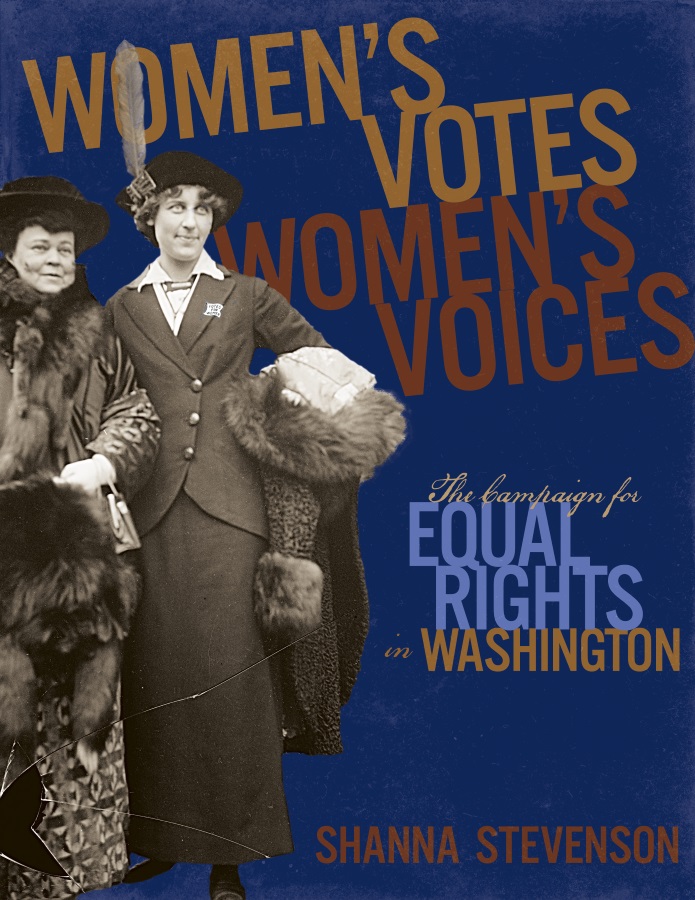Description
Starting in 1967, a time when fewer than 1% of women completed any education beyond four years of college, the Washington State University (WSU) Sociology Department dared to hire three female faculty members who became lifelong friends: Lois B. DeFleur, Sandra Ball-Rokeach, and Marilyn Ihinger-Tallman. Each served as a role model and paved the way for those who followed. Volume editor Betty Houchin Winfield, who in 1979 was a new assistant professor in communications at WSU, benefited immensely from their support and encouragement.
Four decades later, Winfield prompted her former mentors to chronicle their past, then gathered their stories. In chronologically based chapters, the three women discuss their childhoods, educational and research efforts, personal lives, and career advancements. They note major influences, share what they learned, and acknowledge assistance they received along the way. Though all married professors, they fought to be known as individual scholars, overcoming quotas, nepotism rules, sexual discrimination and harassment, and intense societal pressure to follow traditional female roles. Each also faced significant personal challenges: balancing family life, divorce, cancer diagnoses, the illness of a partner.
These trailblazers’ impressive careers parallel larger national events and the onset of increasing opportunities for women. Initially associate or assistant professors, all became full professors when it was exceedingly rare. Dr. DeFleur later held positions as dean, provost, and university president. Dr. Ball-Rokeach gained international status as a major media sociologist, and Dr. Ihinger-Tallman became WSU’s first female Chair of the Sociology Department. Their inspiring narratives highlight the importance of community and offer meaningful guidance to current women academics.
“The story of how academia—and public life in general—has been transformed by feminism and other social upheavals needs to be told in this sort of granularity.”—Larry Gross, Professor, Annenberg School of Communication, University of Southern California
“Readers with a bent toward history may find it intriguing to see how the addition of female faculty was not tokenism. Their appointments strengthened departments.”—Don A. Dillman, Regents Professor, WSU Department of Sociology, and Deputy Director for Research and Development, Social and Economic Sciences Research Center
“This is a must-read for all feminist scholars, but especially those in their early careers. Through vivid storytelling about the obstacles, opportunities, and limitations that women face in academia, the authors give readers a much-needed dynamic archive of what it means not to only be a woman, but also to do feminist work in the academy. Importantly, this book is a not about simple resilience; rather, it is a thoughtful and robust exploration of the complexities of gender as it “floats” in academia, including the recognition of the privilege of whiteness. An invaluable resource and a riveting history!”—Sarah Banet-Weiser, Dean, Annenberg School for Communication, University of Pennsylvania, and Research Professor, Annenberg School for Communication and Journalism, University of Southern California
Illustrations / index / 6″ x 9″ / 218 pages / ISBN 978-0-87422-424-5 (2023)










